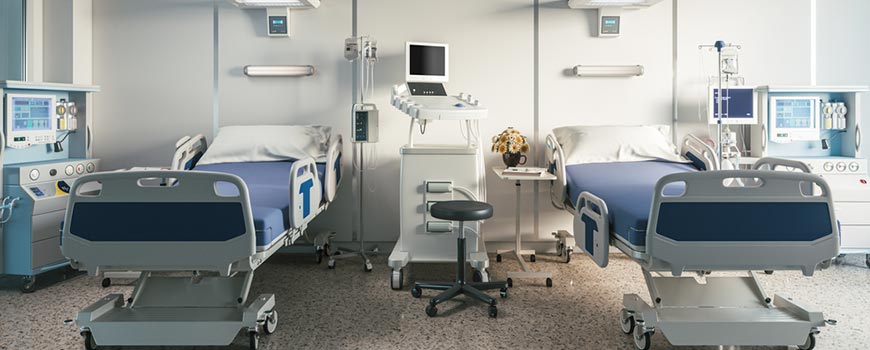OPD Timings
- Hameed Latif Hospital Lahore
Monday- Friday
(10 am to 8 pm)
Saturday
(12 pm to 8 pm)
Sunday OFF
- Omi Hospital
Monday to Friday
(9 am to 8 pm)
Saturday
(9 am to 8 pm)
Sunday OFF
Contact Info
- Karachi: (021) 32258075 – 79
Lahore: (042) 111 000 043 - Whatsapp: 03312597322
- info@drimtiazahmad.com
Ask the Experts
Diagnostic Radiology

Diagnostic radiology is a specialization in medicine that helps doctors acquire specific skills in the field of radiology and imaging. Diagnostic radiology aims at providing diagnosis via employing a variety of imaging techniques. The images obtained of the internal body shows anatomical details and a better chance at diagnosing the right disease, injury or illness. Since imaging provides information that is of no match to just apparent diagnosis, diagnostic radiology is now at the heart of modern medicine. Doctors prefer confirmation through an inside body imaging rather than relying solely on symptoms, before deciding on the curative options. This way, more often than not, the treatment approach becomes streamlined and focused. Unnecessary medications or treatment that may be detrimental may also be avoided in due time. The symptoms, history and any apparent sign decides which diagnostic imaging may lead towards the best conclusion.
The importance of diagnostic radiology can be inferred by the speed at which it has advanced and has come into demand. With better machines and improved techniques, diagnostic radiology aims to aid medical science like never before. In the light of COVID-19 pandemic, as the virus mutates and variants are added to the pool, the PCR needs time to be optimized, accordingly. The definite confirmation of COVID and its progression can still be made through diagnostic radiology through X-rays and CT scans.
Diagnostic radiology can include:
- X-rays
- CT scans
- MRI (magnetic resonance imaging) scans
- Ultrasound examinations (also known as sonography)
- Nuclear medicine imaging techniques.
Each of these approaches are advancing in themselves to reach higher accuracy and efficiency with greater visibility and range. The improvement in diagnostic services and equipment can target diseases that are otherwise silent but lethal, such as cancer.
Diagnostic radiologists are expected to have acquired a skill set that allows them to effectively link a symptom to its cause and then recommend a treatment, all with the aid of imaging. While the symptoms of many different diseases may be the same, the information obtained from imaging can tell apart one patient from another, therefore making medicine more personalized. It is always more preferable to incline towards a non-invasive method to diagnose a problem. Sometimes, the variety of tests and medical diagnostic equipment in diagnostic radiology make use of radiation to obtain a more detailed image of the problematic area. The radiation is of low dose, conforming to the standards of diagnostic radiology being minimal invasive.
Additionally, diagnostic radiology may also become a key role player in assisting treatment procedures. Under live imaging, the procedures become highly precise and accurate, which benefits the patient and the doctor, alike. Diagnostic radiology has also broadened its scope with the introduction of interventional radiology. Interventional radiology provides a minimally invasive alternative to surgical procedures. Dr Imtiaz Ahmad, an endovascular surgical specialist and interventional radiologist, has introduced several disease treatments in Pakistan, specifically in Lahore and Karachi.
Post Procedures
Once you’re done with the treatment, the doctors will analyze your road towards improvement every step of the way. As you’re in the hospital, the doctor and medical staff are obligated to look after your health and ensure that you attain a speedy recovery. After being discharged from the hospital, your doctor and staff will keep in touch with you for regular check-ups through calls to ensure you’re doing well, until the point you get back to being perfectly healthy.
Dr. Ahmad has been practicing in the health care industry for more than 20 years.
In 1995 he completed his fellowship at Northwestern University Chicago Illinois USA.
